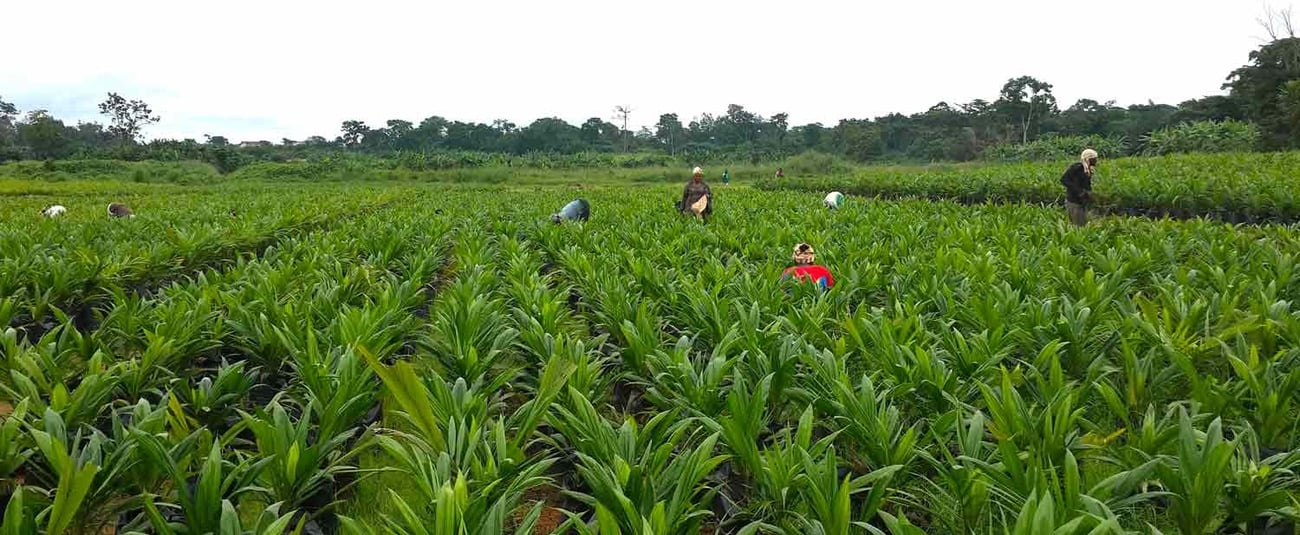The Government of Cameroon and the African Development Bank (AfDB) have strengthened their partnership on the Central Plain development initiative, worth over 21 billion CFA francs. The renewed collaboration follows a recent review meeting held in Yaounde at the Ministry of State Property, Surveys and Land Tenure (MINDCAF).
The session, chaired by the Ministry’s Secretary General on behalf of Minister Henri Eyebe Ayissi, assessed progress on one of the country’s most significant agricultural modernisation projects.
According to the Ministry, the Central Plain project targets the development of over one million hectares of land, with the aim of improving access to land, rural infrastructure, and agricultural support services. These include irrigation systems, access roads, and technical supervision. Earlier studies and field missions, including those undertaken by the AfDB, helped define the project perimeter, the structure of land development activities, and the sequencing of interventions.
During the discussions with the AfDB delegation, MINDCAF restated its role in securing available land, ensuring compliance with land titles, and safeguarding national land assets. The project includes the legal securing of parcels, the indemnification of affected local communities, and the development of land intended for large agricultural investors. The first operational phase covers 400,000 hectares situated along the Batchenga–Ntui–Yoko–Tibati–Ngaoundéré corridor, a strategic axis identified for early mobilisation.
Financing arrangements formed a key part of the exchanges, as partners reviewed the funding needs for upcoming phases and the role expected of the AfDB and other potential financiers. Estimates relating to the Agro-Park component were also discussed. The broader objective is to establish an enabling environment for industrial-scale agricultural, livestock, and fisheries activities, supported by the governance mechanisms required for long-term investment.
The Ministry emphasised the importance of a durable land governance framework, intended to prevent disputes, speed up land allocation, and ensure the sustainability of development works. Criteria governing the eligibility of land acquirers were underlined, alongside MINDCAF’s responsibility in issuing tenure instruments, whether through concessions or emphyteutic leases. The project requires coordinated action with sector ministries, including agriculture, environment, livestock, and public works, as well as local authorities.
At the close of the meeting, stakeholders agreed that the following steps should include finalising technical and social studies, securing the legal status of the targeted parcels, preparing an implementation timetable, and establishing a shared financing plan. Involvement of local populations is part of the approach to ensure the project's social acceptability and long-term viability.
Source - https://www.businessincameroon.com













